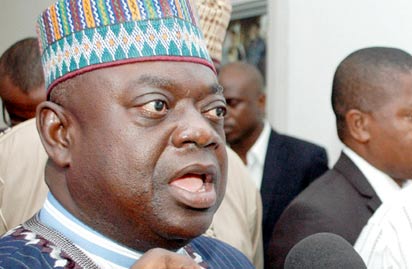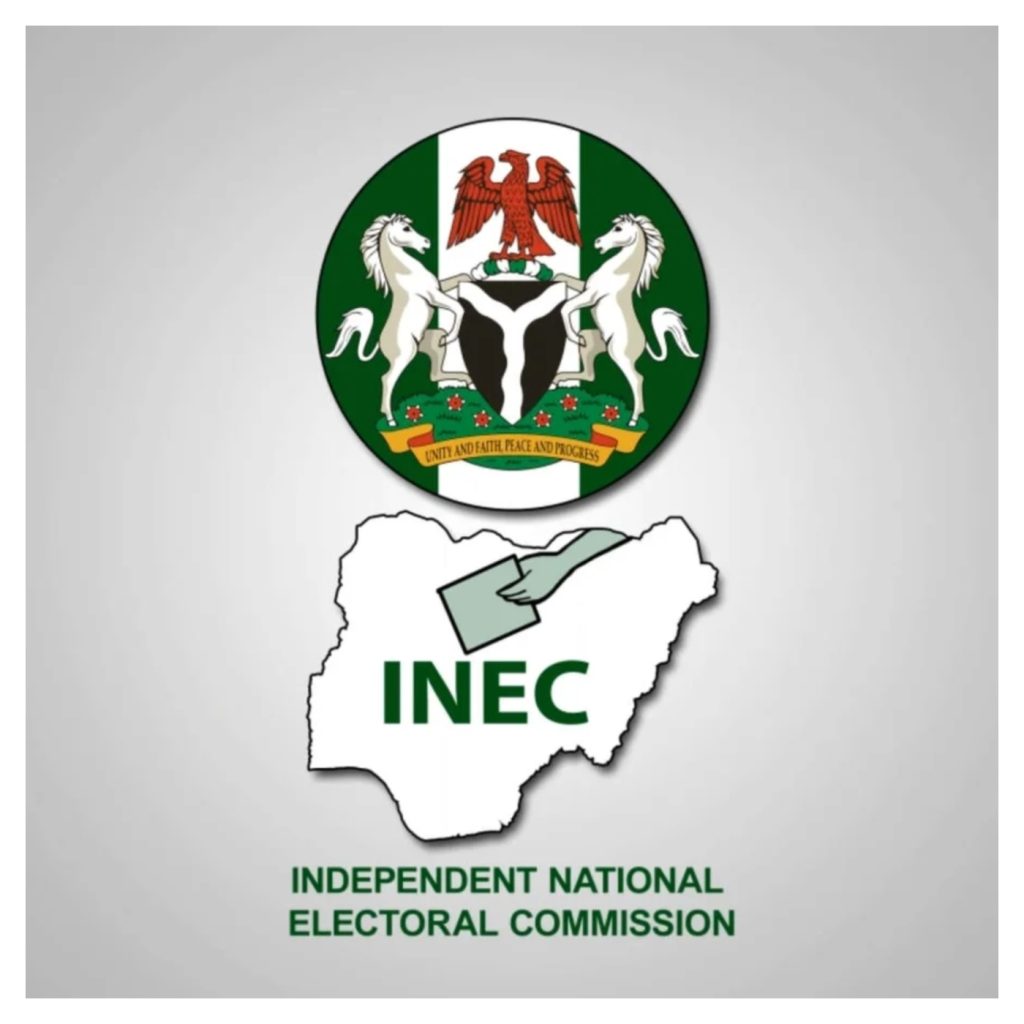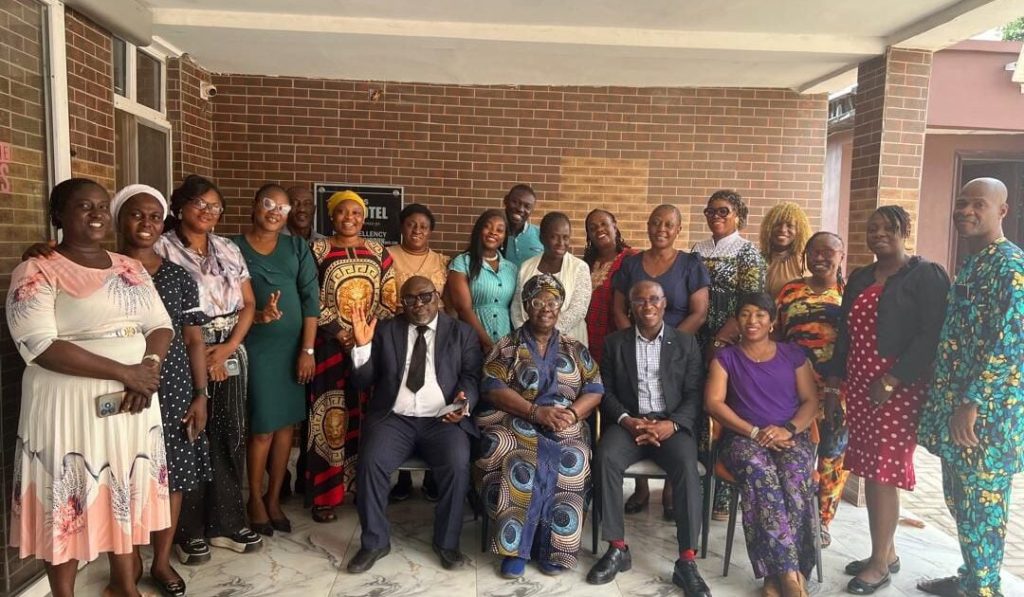The Nigerian House of Representatives Committee on University Education has urged the government and private stakeholders to increase funding for specialized universities to boost the country’s economy. This call was made after the committee conducted an oversight of universities in the South-South region.
The committee’s chairman, Rep. Abubakar Fulata, emphasized the need for improved infrastructure and facilities at the Federal University of Petroleum Resources, Effurun, in Delta State. He noted that the institution should be one of the country’s top universities, given the significant role of the oil and gas industry in Nigeria’s economy. Fulata stressed that proper funding is essential for the school and other specialized universities to enhance their infrastructure and attract the necessary manpower for research and innovation.
The committee also revealed that the Federal University of Petroleum Resources requires special funding to comply with its establishment act, particularly regarding remuneration and collaboration with oil companies. Fulata encouraged the management of universities in the region to work with oil companies in line with the Petroleum Industry Act to secure support.
In a separate development, the committee has summoned the Vice Chancellor of the University of Port Harcourt, Prof. Georgwill Owunari, over allegations of non-compliance with the Appropriation Act. The summon is an opportunity for Owunari to provide explanations on alleged abuse of federal character principles and refusal to submit relevant documents regarding budget implementation for the 2023, 2024, and 2025 fiscal years.
The committee has also invited the Vice Chancellor of the University of Uyo, Prof. Nyaudoh Ndaeyo, to appear before them due to discrepancies found in the university’s documents. Furthermore, the committee has expressed concern over the significant amount spent on local and international travel by officials of the Federal University of Technology, Ikot Abasi, in Akwa Ibom State. The committee has urged the management to prioritize learning aids and infrastructure development over non-core expenditures.
The committee’s efforts aim to enhance and improve the standard of education in Nigeria, ensuring that universities are managed effectively and efficiently. The chairman emphasized that the committee is not engaged in witch-hunting but rather working to improve the education sector in line with constitutional provisions.



